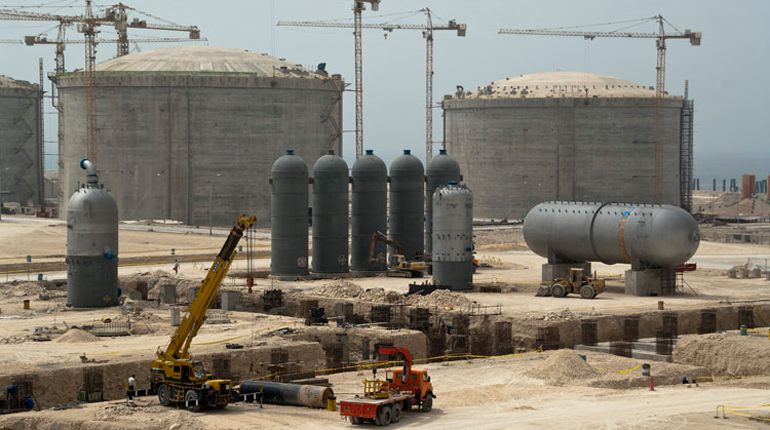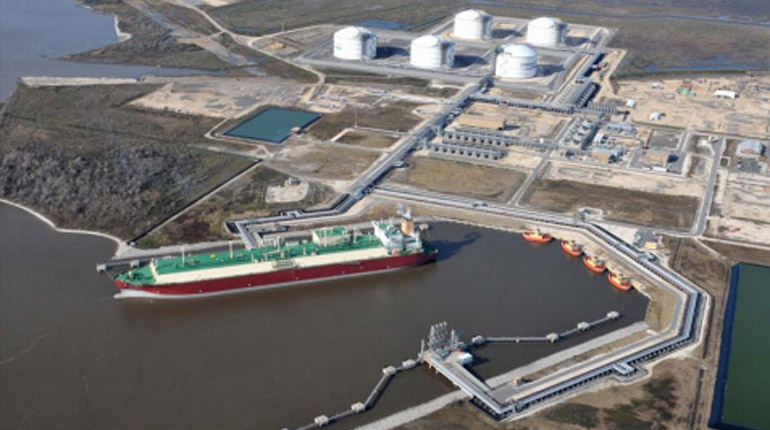 Hans ten Berge, secretary general of Eurelectric, says fossil fuels must make way in the longer-term to reach the 'below 2C' Paris agreement. (Eurelectric)
Hans ten Berge, secretary general of Eurelectric, says fossil fuels must make way in the longer-term to reach the 'below 2C' Paris agreement. (Eurelectric)
Hans ten Berge has been the secretary general of Eurelectric, the Brussels-based association of the European electricity industry, since 2007. In this interview he tells Interfax Natural Gas Daily that Europe is closing 6% of its gas and coal-fired power plants each year and that fossil fuels have no long-term future in the region’s electricity sector if the ‘below 2C’ agreement from COP21 in Paris is to be reached.
Interfax Natural Gas Daily: Several EU countries are introducing capacity mechanisms to remunerate power plant operators for making generation capacity available in the future. The European Commission has expressed mixed views on the issue and is expected to come forward with proposals by the end of the year. What is your view in this debate?
HB: The reason why we are discussing capacity markets in the first place is that, with all the wind, solar and hydro power coming to the market, wholesale prices will eventually go to zero. That means there will be no new investment in generation capacity. Governments are recognising this and they are getting worried. The European Commission first said no to capacity mechanisms, now they say maybe, and tomorrow it will be here.
We are in favour of capacity markets, but only with market-wide, competitive bidding. That means the bidding process should be technology neutral, so that all types of generation – renewable, fossil-fuelled, nuclear, demand-side management – should be eligible for participation. Moreover, both new and old plants should be able to participate. That way, old plants will get a clear signal if their capacity is needed or not. Cross-border participation is also a must, in our view.
INGD: Many stakeholders are calling for a gradual phasing-out of national subsidy schemes for renewables, at least for mature technologies such as onshore wind and solar. Do you share the view that renewables should be able to compete without subsidies?
HB: All the renewables support schemes we have today [...] are national. We need a harmonised, pan-European structure of RES schemes. They should all respect the same rules. We should phase out all subsidies over time and replace them with a pan-European, harmonised capacity mechanism.
INGD: With the price of allowances below €6 per ton ($6.8/ton), can we conclude the EU’s Emissions Trading System (ETS) is a failure?
HB: No, in fact the ETS seems to be working. In Europe, we have been decarbonising the electricity sector even with a low carbon price. What is wrong with that? We have already decarbonised 55% of generation assets and we are going for 75% by 2030. We are closing 6% of gas and coal-fired power plants per year. Greece, for instance, is considering closing down 80% of coal-fired capacity.
The question is not price, but if the CO2 reduction targets are ambitious enough. That is why [we] supported a 43% CO2 reduction target by 2030 in sectors covered by the ETS, even though we had strong opposition from industrial sectors.
The problem is that decarbonisation is really only happening in the electricity sector. For example, 90% of oil and gas is used for transport, whereas around 2% of the vehicles on European roads are electric. We have to look at the big picture. It makes no sense to decarbonise the electricity sector if we do nothing about other sectors such as transport, heating and cooling, and agriculture. These sectors also have to be included in the ETS.
INGD: Will the Market Stability Reserve be a lifeline to the EU ETS when it takes effect in early 2019?
HB: I don’t think it will make a big difference. According to our calculations, the backlog of allowances will stay with us until 2026. Put it this way: the ETS is an excellent transition instrument, without it there would have been more investment in fossil fuel plants. But in a decarbonised world, carbon allowances have zero value. If we are successful in decarbonising the European economy, then the ETS will be a self-killing instrument.
INGD: Do you see a long-term future for gas and coal in the electricity sector?
HB: Coal- and gas-fired plants will go offline after some time. There is no way fossil fuel power plants will stay online post-2050 if we are to keep the ‘below 2C’ promise agreed in Paris last year. In my opinion, the gas and oil industry will not be a very booming industry over the next 50 years. Why should the transport sector not be fuelled by biofuels and electricity? When I look over the harbour of Amsterdam, all the tourist vehicles I [see are] electric. Electric vehicles are more expensive than conventional ones now, but costs will come down at some point.








Talk to us
Natural Gas Daily welcomes your comments. Email us at [email protected].